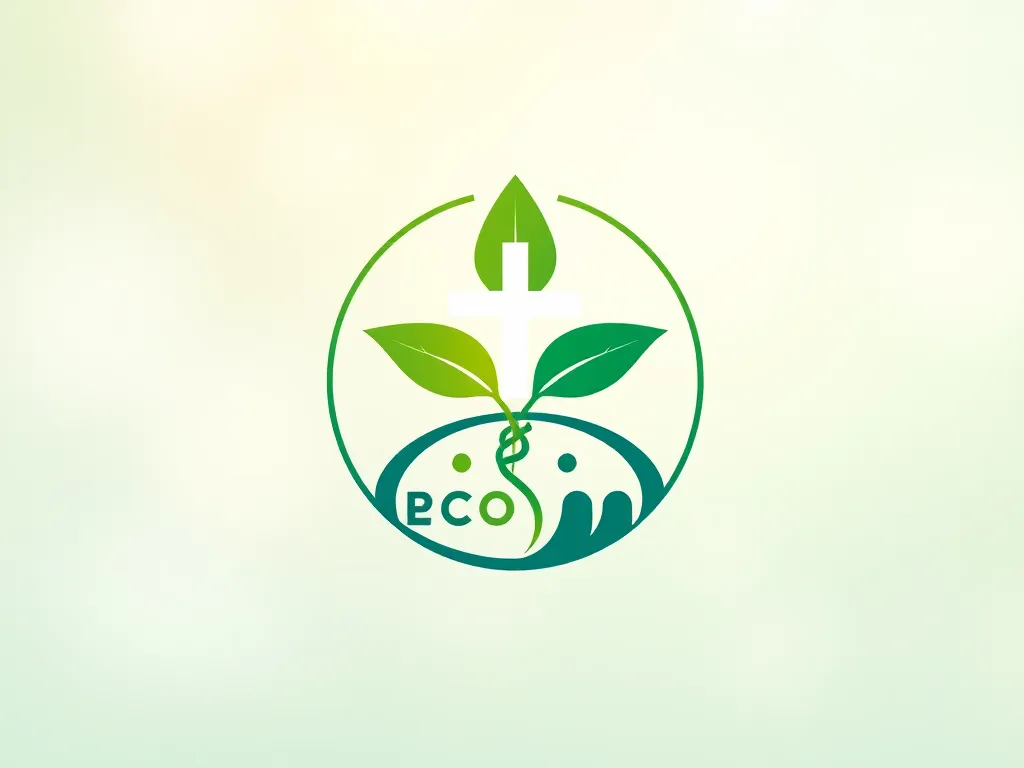Exploring Approaches to Sustainable Healing in Recovery

Approaches to Sustainable Healing in Recovery
The journey of recovery from addiction or trauma often requires a multi-faceted approach, emphasizing the need for sustainable healing methods. Approaches to Sustainable Healing in Recovery not only focus on the physical aspects of healing but also integrate emotional, mental, and social dimensions. By fostering an environment that promotes holistic wellness, individuals can enhance their recovery trajectories and ensure lasting change.
A crucial aspect of Approaches to Sustainable Healing in Recovery lies in recognizing the connection between mind and body. This implies that healing must extend beyond detoxification or symptom management. Integrative therapies that encompass physical, psychological, and even spiritual well-being emerge as essential components. A blended approach often yields more significant outcomes than traditional solitary treatments, ultimately creating a more resilient recovery experience.
In recent years, there has been a keen interest in holistic healing practices that prioritize the individual as a whole. These Approaches to Sustainable Healing in Recovery encourage understanding the underlying issues that contribute to addiction or trauma and addressing them through diverse therapeutic angles. This increasingly embraces the idea that everyone has a unique recovery process, necessitating tailored strategies for individuals.
Moreover, the community's role cannot be understated in Approaches to Sustainable Healing in Recovery. A support system bolstered by understanding peers, family, and professionals can provide the foundation for long-term recovery. When individuals feel a sense of belonging and connection within their community, their chances of success in recovery significantly improve. This reinforces the idea that sustainability in healing must also consider the social aspects of a person's life.
Finally, innovative therapies and educational outreach can radically transform recovery outcomes. Approaches to Sustainable Healing in Recovery must not only incorporate traditional methods but also adopt new ideas that resonate with the current cultural and technological landscape. Whether through art, technology, or nature, diverse tools can facilitate healing, making it sustainable in the long term.
Embracing a holistic approach in mental health care promotes long-term wellness through the principles of Sustainable Healing.
Holistic Healing Practices
Holistic healing practices are essential in creating a sustainable path to recovery. Focusing not just on physical ailments but also mental and emotional well-being, these practices empower individuals to take charge of their healing journey. Mental health plays a crucial role in recovery; hence, fostering strong psychological health is vital for long-term success.
Integrative therapies, such as acupuncture, herbal medicine, and massage therapy, have been shown to enhance recovery by addressing both emotional and physical aspects of healing. These therapies allow individuals to develop coping mechanisms for stress, anxiety, and depression, integral parts of the recovery journey.
Mindfulness and meditation techniques are increasingly recognized in sustainable healing, helping individuals acknowledge their thoughts and emotions without judgment. Such practices cultivate self-awareness and resilience, allowing individuals to navigate challenges in their recovery with greater ease.
Nutritional support is also a critical element of holistic healing. A balanced diet rich in essential nutrients can significantly impact mood, energy levels, and overall health. Sustainable healing in recovery emphasizes the importance of integrating nutritional practices into daily life to support both the body and mind.
Alternative medicine approaches, such as aromatherapy or energy healing, offer additional avenues for individuals seeking healing. These methods can complement traditional therapies, providing a well-rounded approach that respects and nurtures diverse belief systems and healing preferences.
Community Support Systems
Community support systems are foundational to effective recovery and play a significant role in Approaches to Sustainable Healing in Recovery. Support groups like Alcoholics Anonymous and other local initiatives foster connections among individuals facing similar challenges, creating a powerful sense of belonging and shared experience.
The impact of community resources on recovery can be profound, offering access to programs that support mental health, vocational training, and social integration. Utilizing available community resources aids recovery, ensuring individuals have the necessary tools and networks to thrive post-rehabilitation.
Building a supportive network is essential for sustainable healing. Individuals who engage actively with their community throughout their recovery are more likely to achieve lasting change. Family, friends, and acquaintances play indispensable roles in providing encouragement, accountability, and understanding.
Peer mentorship emerges as a valuable component of community support systems, where those who have experienced similar struggles help guide others on their path to recovery. This relation can enhance motivation and provide relatable insights into overcoming obstacles, fostering a deep sense of hope and resilience.
Culturally sensitive support systems ensure that community resources address the diverse backgrounds of individuals seeking recovery. Recognizing and embracing cultural differences enhances the effectiveness of support systems and contributes to a sense of inclusivity and acceptance during the healing process.
Innovative Therapies in Treatment
Innovative therapies, such as art and music therapy, have proven highly effective in the healing process. These modalities allow individuals to express their feelings and experiences creatively, often serving as a bridge to deeper therapeutic insights and personal growth, crucial to sustainable recovery.
Nature therapy and outdoor activities harness the restorative power of the natural world. Spending time in nature has been linked to improved mental health, reduced stress, and increased feelings of well-being, making it an essential aspect of sustainable healing approaches.
Yoga and physical movement play a significant role in innovative recovery therapies. These practices enhance physical health, improve mindfulness, and build resilience against stress, ultimately contributing to an individual's healing journey.
Technology's role in modern recovery cannot be overstated. Online therapy options, mobile applications for mental health support, and virtual support groups broaden access to resources and allow individuals to engage with recovery materials at their pace, further enhancing sustainability.
Animal-assisted therapy presents an enriching element in innovative recovery. Interactions with animals can evoke a sense of comfort and support, helping individuals deal with emotional distress and fostering connections that aid the healing process.
Integrating Sustainability in Recovery
Integrating sustainability into recovery practices involves adopting eco-friendly practices in healing spaces. This can include using natural materials in therapy settings, promoting clean energy use, and encouraging organic gardening in community recovery programs, all contributing to a more holistic approach to healing.
Sustainable living can become a significant part of recovery, guiding individuals toward healthier lifestyle choices that extend their commitment beyond therapy. This can include principles like minimalism, reducing waste, and embracing environmentally conscious consumption as part of overall wellness.
Education on environmental health also plays a critical role, as understanding the impact of our surroundings on mental and physical well-being can empower individuals to make informed choices that enhance their recovery journey.
Creating a sustainable recovery community fosters an environment where individuals feel supported and valued. Such communities prioritize well-being, focus on collective healing, and encourage active participation in various recovery-oriented activities.
Finally, the impact of nature on healing processes cannot be overlooked. Nature has transformative qualities that can nurture emotional regulation, reduce anxiety, and cultivate well-being—all essential elements in sustainable recovery methods.
Personal Development in Recovery
Personal development is a vital aspect of sustainable healing, encouraging individuals to set personal goals for their well-being. Clear objectives help guide the recovery journey and provide a sense of purpose and direction.
Developing coping strategies and resilience is another critical component of personal development. Individuals learn to manage stress, confront challenges, and adapt to changing circumstances, ensuring they can navigate life’s complexities with confidence.
Self-care practices are fundamental for sustained healing, encompassing a range of activities that nurture physical, emotional, and mental health. Such practices empower individuals to take charge of their recovery and prioritize their well-being.
Journaling and reflection serve as powerful tools for growth, allowing individuals to document their experiences, emotions, and insights throughout recovery. This practice can enhance self-awareness and support ongoing personal development efforts.
Lastly, the importance of self-advocacy in recovery cannot be overstated. Empowering individuals to voice their needs, concerns, and aspirations fosters a sense of autonomy and contributes significantly to their healing journey.
